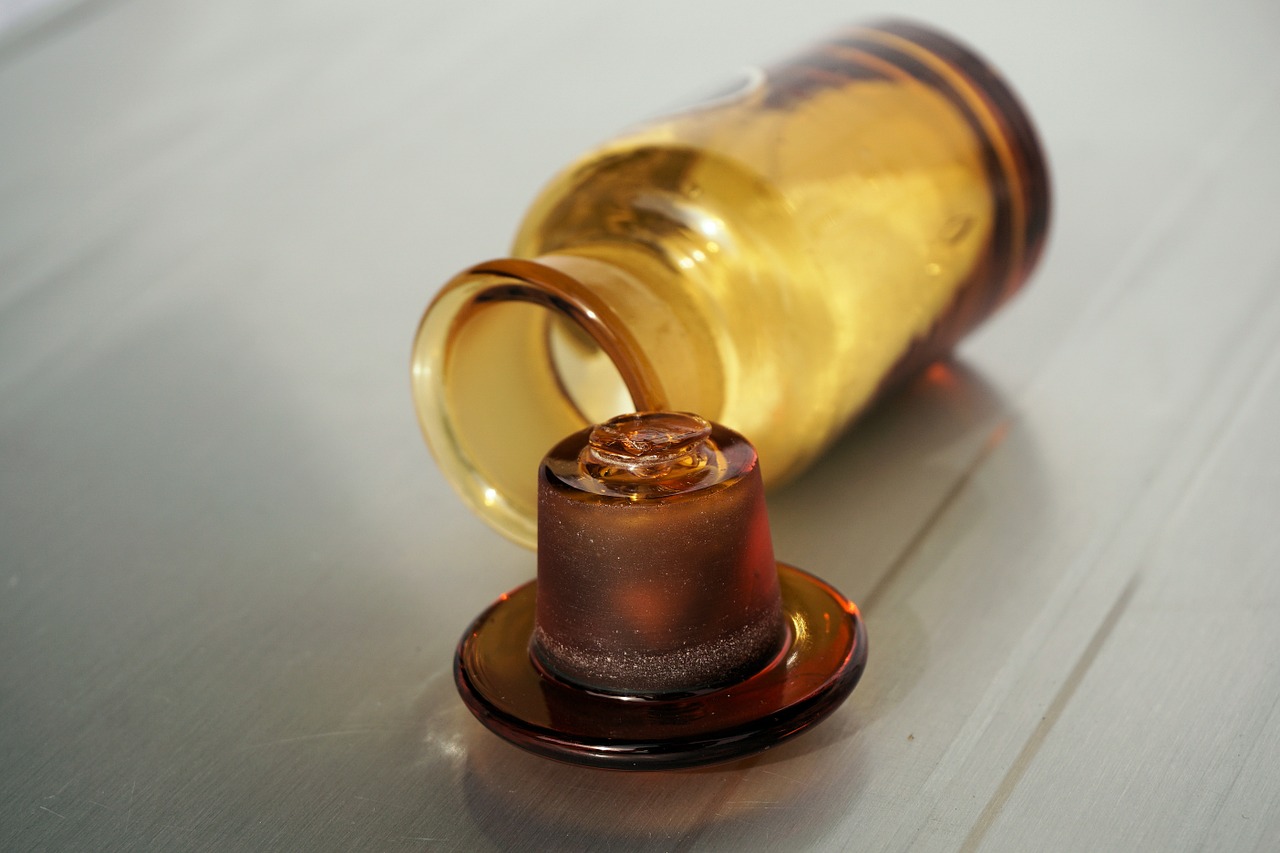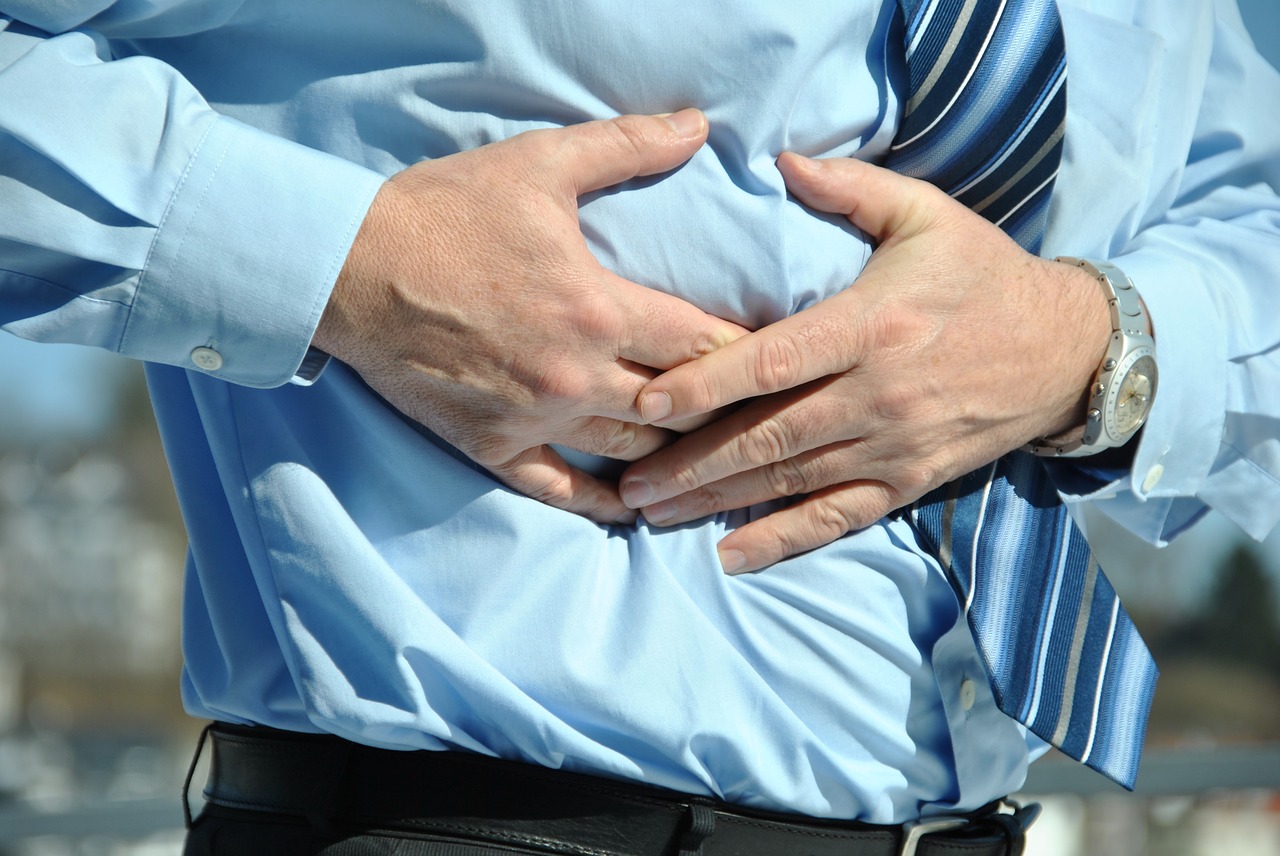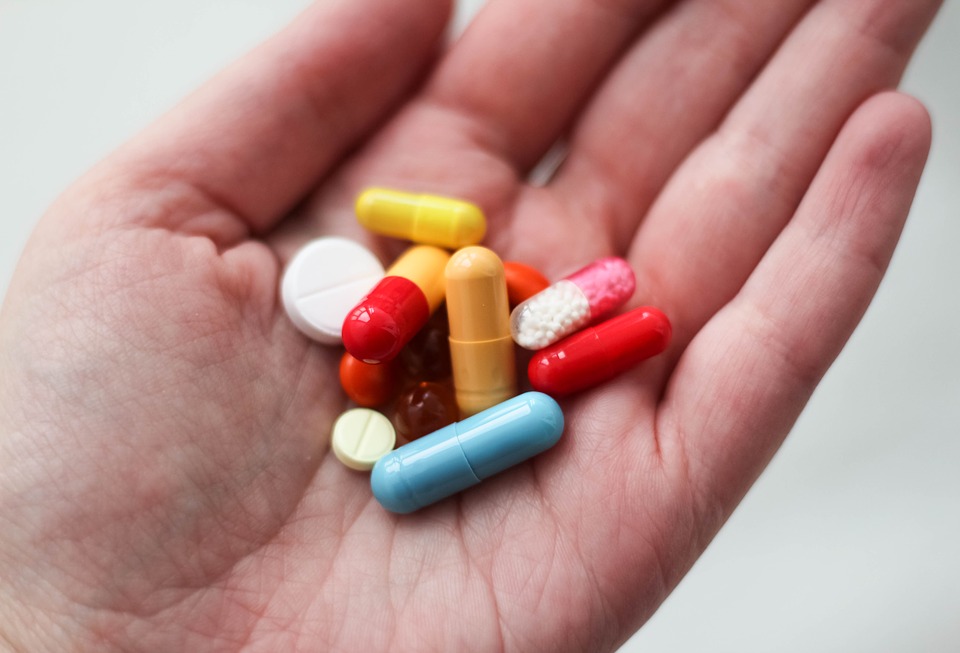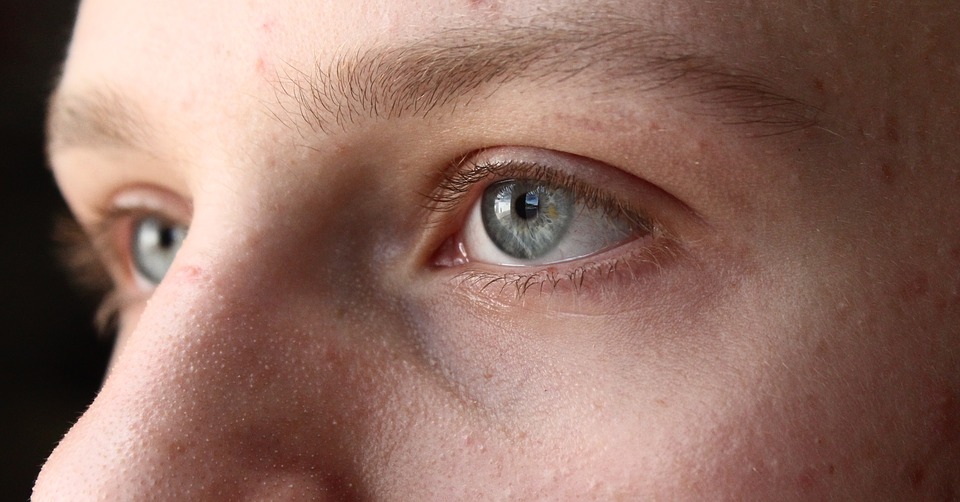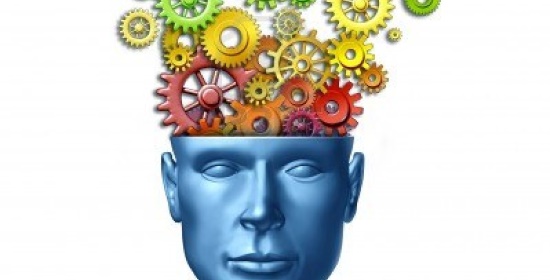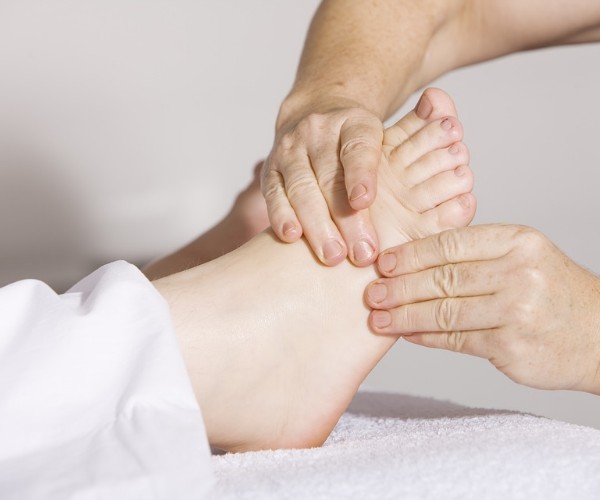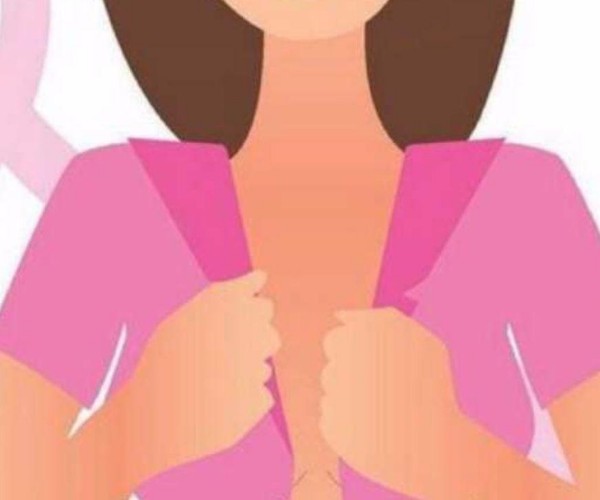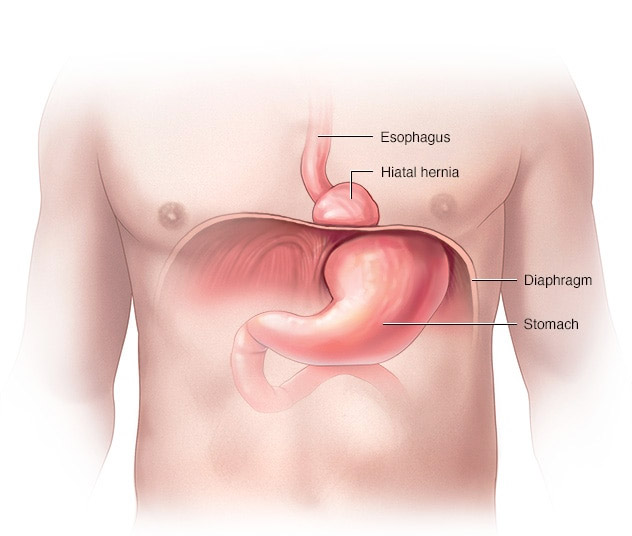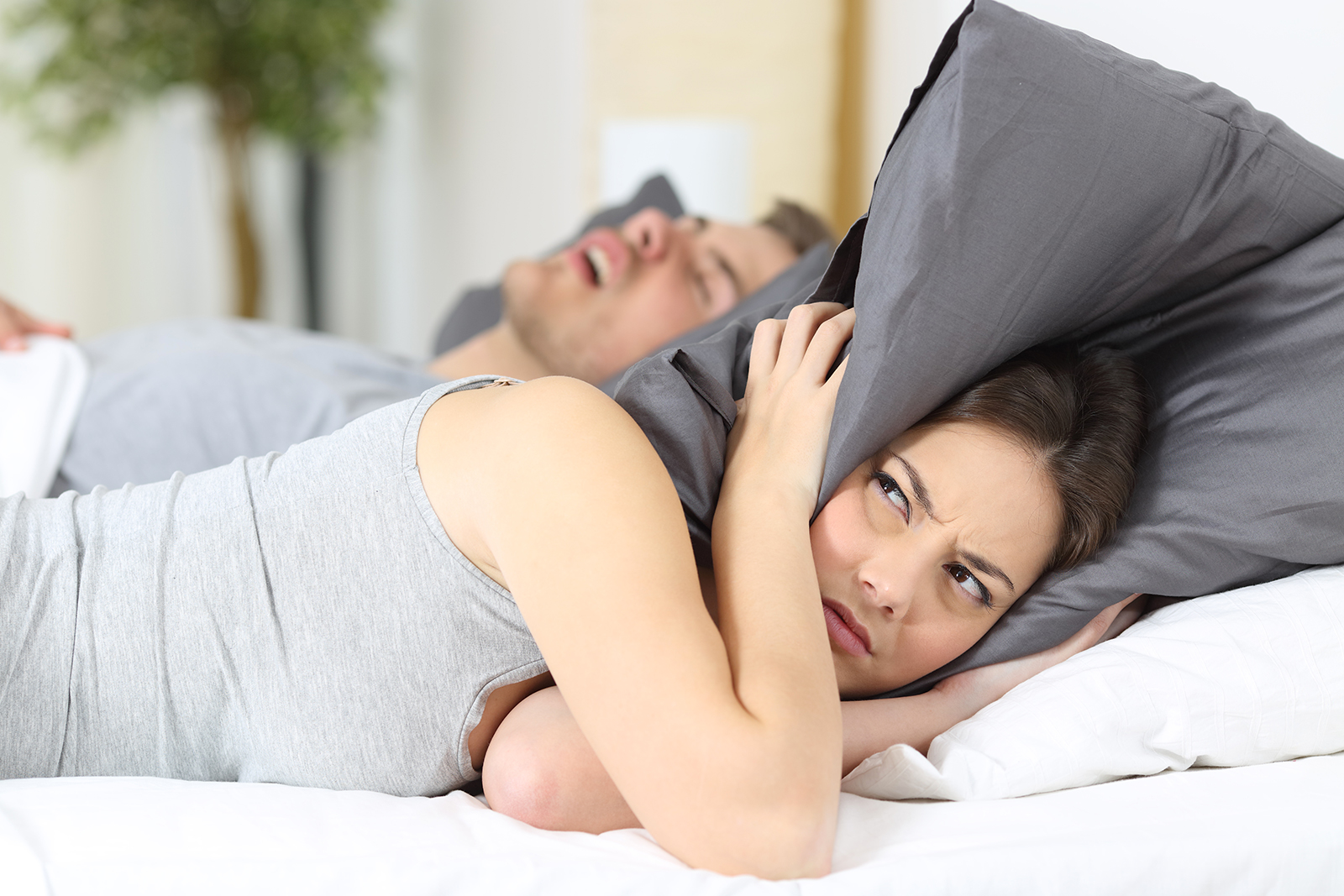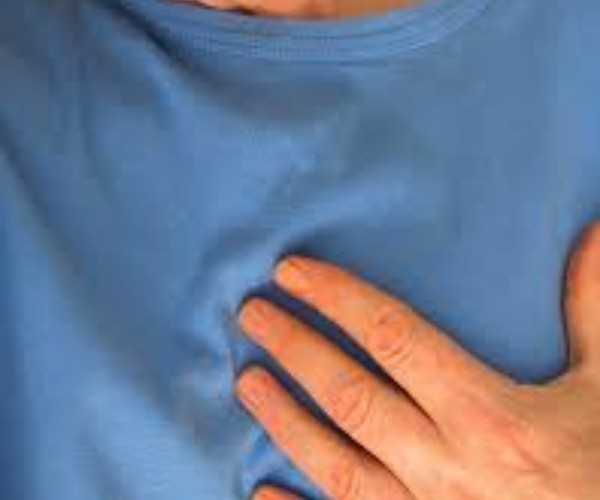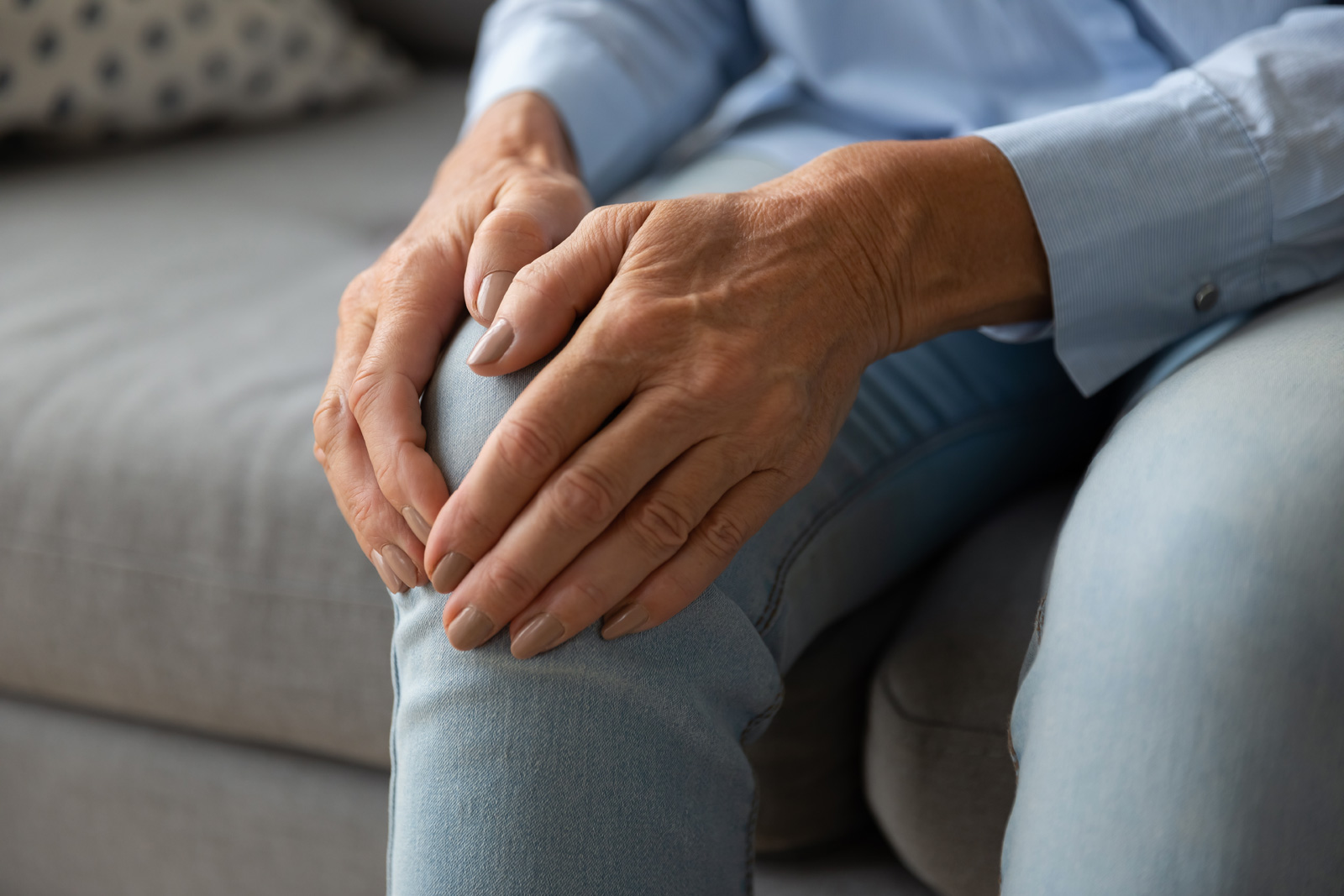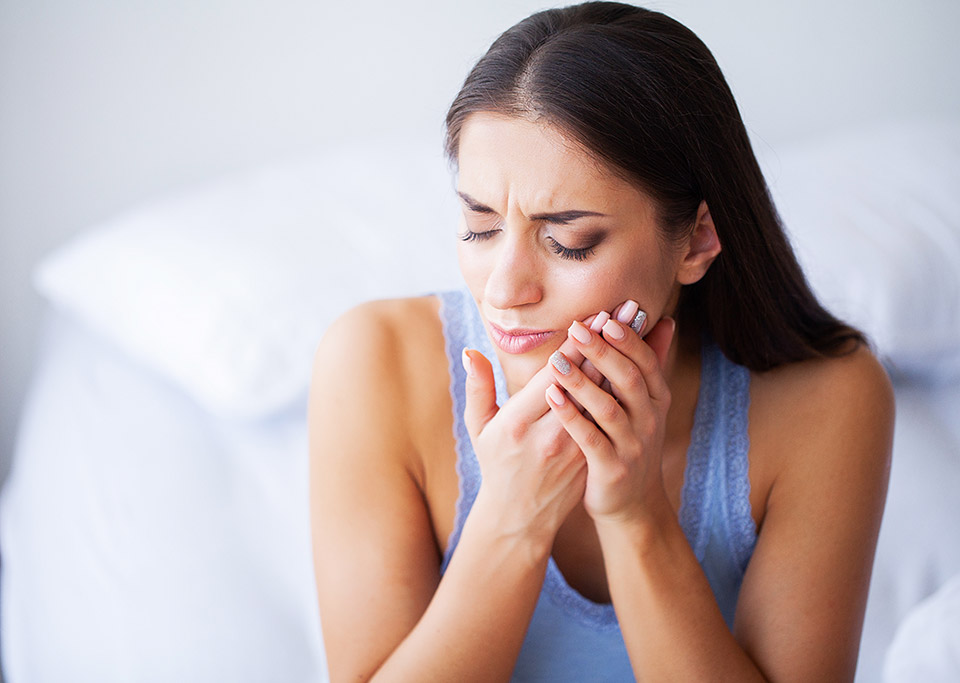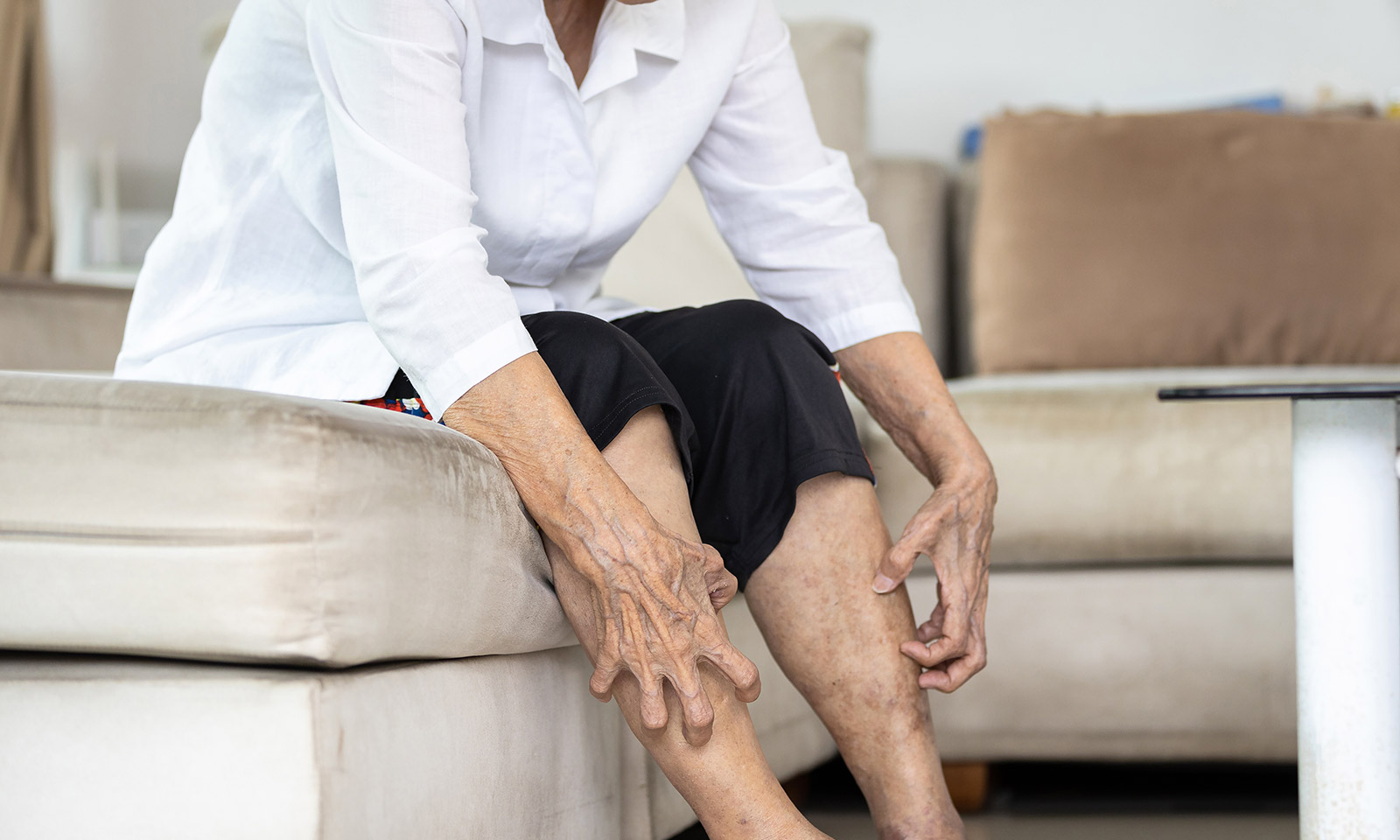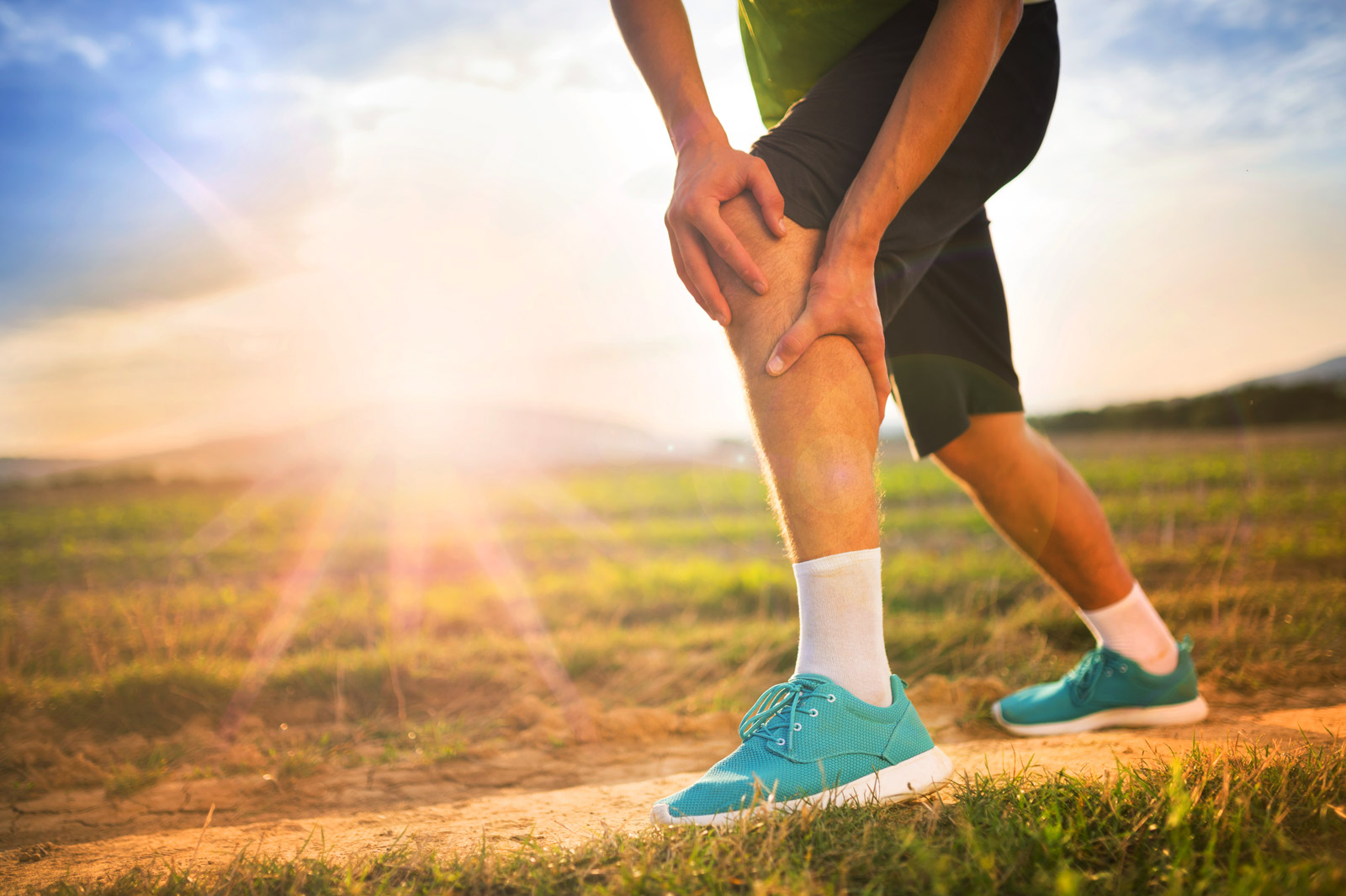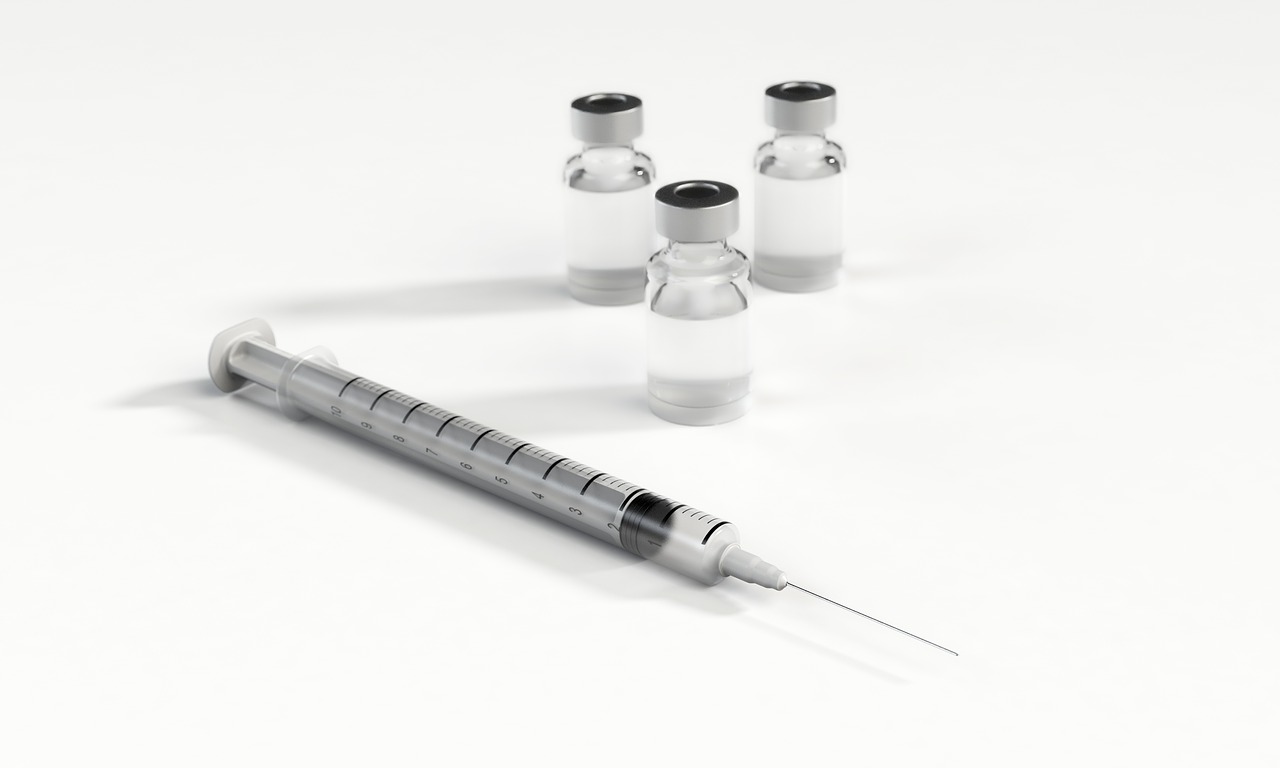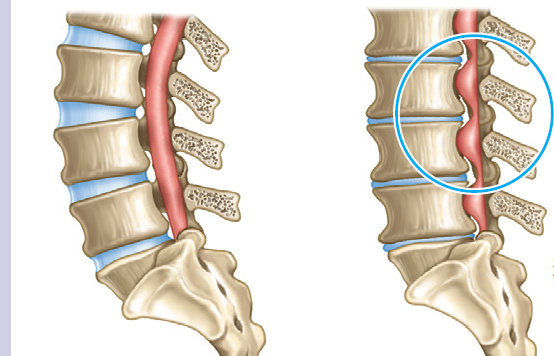General News
![]()
Male hypogonadism is characterized by circulating deficiency of testosterone (the main male hormone), associated with the occurrence of specific symptoms attributable to this deficiency.
It is usually determined by poor function of the testis, which can result in impairment of its two main functions:
- hormone production of testosterone (the quintessential male hormone, crucial during puberty for the development of male characteristics but also for the well-being of the male in adult life);
- Spermatogenesis (sperm production).
It is a condition that may be present at birth or may arise later in the subject’s life.
There are two types: one is called “primary hypogonadism” if the problem is inherent in the testis, or “secondary hypogonadism” if there is an alteration in the hypothalamus and/or pituitary gland, two other endocrine organs that regulate stimulation of the testis.
Testosterone is involved in the development and structural and functional maintenance of many tissues and organs [brain, muscle mass, body hair, production of blood cells by the bone marrow (hematopoiesis), skin, external genitalia, bone] so a deficiency of it can result in symptoms arising from impaired function of these.
Not surprisingly, the most common symptoms associated with testosterone deficiency are:
- Reduced muscle tone;
- Reduction in bone density (osteoporosis);
- Reduced physical and mental vigor, resulting in asthenia, limited ability to work and concentrate;
- Loss of sexual desire;
- Erectile dysfunction.
The most frequent causes of hypogonadism in adulthood are:
- Congenital causes (Klinefelter syndrome);
- Testicular trauma;
- Testicular pathologies;
- Altered function of the hypothalamus or pituitary gland;
- Advanced age (and subsequent testicular failure).
How the diagnosis is made:
When faced with the suspicion of hypogonadism, it is necessary to visit your referring physician.
The diagnosis process starts with careful collection of the patient’s medical history (medical history), which will identify any predisposing or risk factors.
The next step is to perform the complete medical examination (objective examination) with special attention to weight, height, waist circumference, and muscle mass development.
The degree of pubertal development and virilization of the subject should then be assessed.
The development and conformation of the penis, testes (the volume of which should be estimated by use of the Prader orchidometer), and the presence and conformation of pubic and axillary hairs are accurately assessed.
Then a laboratory investigation can be performed, which consists of assaying specific hormonal parameters including testosterone levels in the blood.
Considering the variation in testosterone levels throughout the day, it is appropriate to take the blood sample on an empty stomach and during the time between 7 and 11 a.m. (when the daily peak of testosterone in the blood usually occurs).
Emotional problems
![]()
Hypogonadism because of its complexity of development and manifestation can cause significant emotional impact for the patient suffering from the disorder .
Given the type of symptoms typical of hypogonadism, his self-esteem is significantly affected, his ability to complete daily activities is reduced, and consequently his social and relationship life is affected.
There is evidence that it is important psychological effects can ensue, which in some cases can worsen with the onset of depression and anxiety disorders.
Nutrition and physical activity
![]()
Whether testosterone deficiency is a cause or a consequence of metabolic syndrome is not yet fully understood, but the fact remains that the two conditions coexist very often in the same patient.
Because metabolic syndrome significantly increases the risk of developing myocardial infarction and cerebral stroke, the testosterone-deficient patient must be adequately studied from a cardio-metabolic perspective.
A proper lifestyle certainly helps a great deal to reduce the negative effects of hypogonadism and simultaneously improve many aspects of metabolic syndrome.
Reducing body weight and increasing the frequency and intensity of exercise are good allies of the physical well-being of the patient with hypogonadism.
Advice:
- Exercise regularly;
- pay attention to body weight gain and possibly follow the advice of a nutritionist;
- If you are an obese person, get help from a nutritionist to lose weight (up to 10 percent of your starting weight).
The appropriate use of medications
![]()
Hypogonadism therapy consists mainly of exogenous administration (replacement therapy) of testosterone in order to balance the deficiency present in the body.
For a very long time, the use of testosterone therapy was severely limited by the belief that it could increase the risk of developing prostate cancer, or cause cardio-vascular side effects.
In contrast, recent studies have gradually dispelled these doubts and demonstrated substantial safety of replacement therapy, since the hormone being administered replaces the missing one while biologically balancing its normal function.
Thus, there is no risk of harm from excess circulating hormone.
Testosterone can be administered in the form of:
- Intramuscular administration vials;
- Transcutaneous absorption gels or patches;
- Oral tablets for swallowing;
- Muco-adhesive buccal tablets.
Each pharmaceutical form offers advantages and disadvantages of its administration, which may depend on how quickly the active ingredient is absorbed and put into circulation, but also on its ability to stably and sustainably replace testosterone levels, avoiding too frequent spikes (fluctuations) in both increase and decrease.
Side effects are infrequent and common to all types of testosterone, regardless of the mode of administration. However, it is important to follow the patient closely during the course of treatment, having him or her perform follow-up laboratory tests (hormone levels, transaminases, blood counts) and monitoring the progress of symptoms.
The only clinical condition in which testosterone replacement therapy cannot be given is the definite diagnosis of prostate cancer or breast cancer.
Advice:
- Before starting testosterone replacement therapy make sure the patient does not have prostate or breast cancer;
- explain the commercially available pharmaceutical options to the patient and help him or her choose the ideal solution;
- Follow the patient throughout the course of treatment, monitoring the progress of symptoms and laboratory parameters.
Communicating effectively with the partner
![]()
Hypogonadism therapy consists mainly of the exogenous administration (replacement therapy) of testosterone in order to balance the deficiency taken.
In the context of hypogonadism certainly sexual dysfunction assumes a crucial role in the patient’s quality of life.
And it is precisely attention to this disorder that is very often the trigger for a diagnostic process that can bring out a diagnosis of testosterone deficiency.
As is normally the case with erectile dysfunction, partner involvement is critical in both the diagnostic and therapeutic pathways.
Certainly, however, the role of the partner is of utmost importance in identifying the other typical symptoms as well.
An attentive partner will not miss the fact that their husband/partner presents difficulties in performing activities that relate to their daily life and relationship: they have difficulty with physical exertion, see him as listless, not paying attention to things around him, in a different mood.
Advice:
- Make your partner aware of changes in your habits and feelings;
- if you present with a sexual desire disorder, or increased difficulty achieving and/or maintaining an erection, talk to your partner right away;
- Sharing the problem will help you seek medical help and solve your problems.
Make treatment decisions with reference to the information received and solve disease-related problems
![]()
As mentioned earlier, the evolution and expansion of therapeutic offerings in the treatment of hypogonadism now makes it possible to speak of a truly “tailor-made therapy.” There are treatment solutions suitable for each patient, based on his or her preferences and ability to perform regularly.
All commercially available drugs have advantages and disadvantages, ranging from how and how often they are taken, the stability with which they are able to balance testosterone deficiency, and last but not least the cost.
The patient needs to be empowered to know these aspects in detail and share the best choice with their referring physician.
Clearly, much depends on the type of hypogonadism and the cause of it.
This is especially with a view to understanding whether this is a treatment that will have to be carried out for a medium period (in the case especially of secondary hypogonadism, which is typical of older individuals) or quoad vitam (primary hypogonadism, associated with forms of testicular failure).
Advice:
- Before discussing with the patient what the ideal therapy is, do a detailed framing;
- you can choose from many medications with different modes of administration to suit the patient’s needs;
- reassures the patient that there are no risks from the treatment.
The night’s rest
![]()
Alterations in sleep may cause a reduction in circulating testosterone levels.
The cause of this association lies in the alteration of the hormonal axis that exists between the hypothalamus and pituitary gland, which normally stimulates the testis to produce testosterone.
Laboratory studies have shown that sleep deprivation adversely affects the normal functioning of the hormone axis and testosterone production, and consequently there is an alteration in daily (circadian) production rhythms.
Other cardio-metabolic disorders can result from testosterone deficiency, predisposing the patient to an increased risk of mortality from cardiac events (myocardial infarction and ischemic brain stroke), but not only that, the risk of sexual dysfunction, such as decreased desire and erectile deficits, also increases.
Advice:
- Take care to preserve the rhythm and duration of your sleep;
- if you are not sleeping well and for a long time, ask your health care provider for advice.





